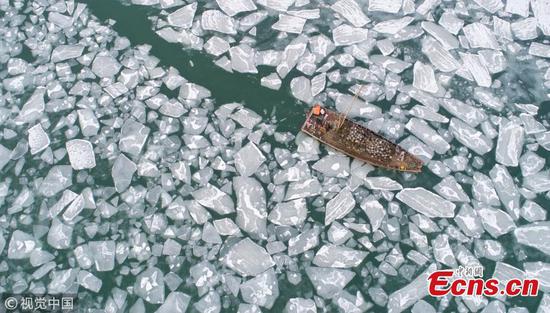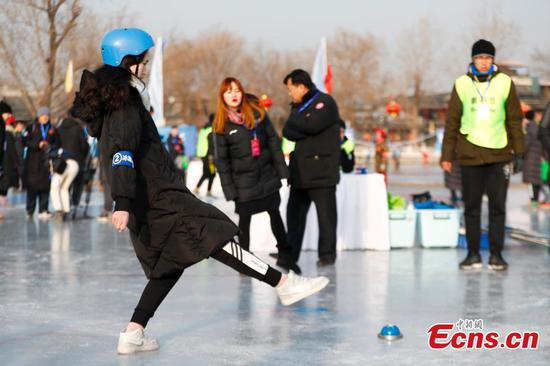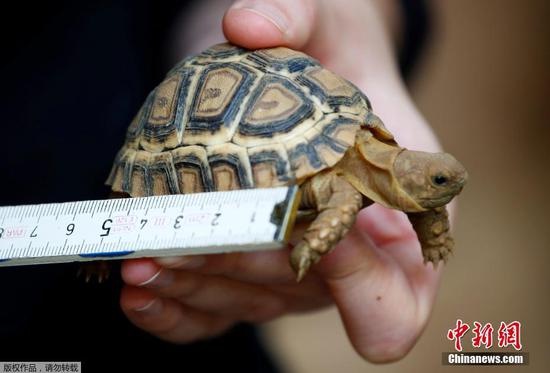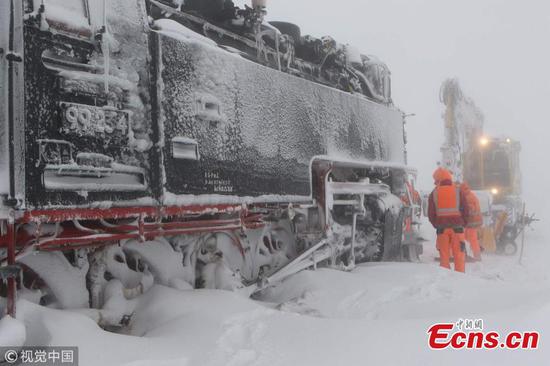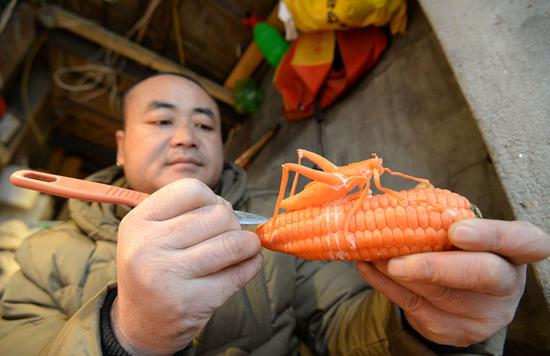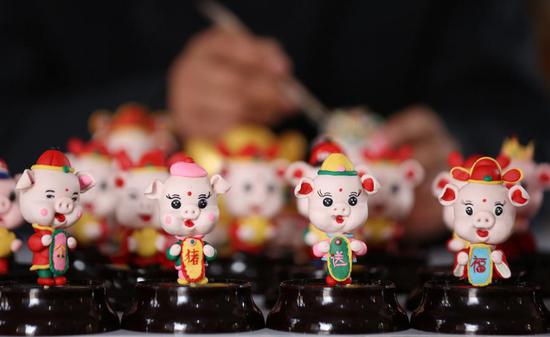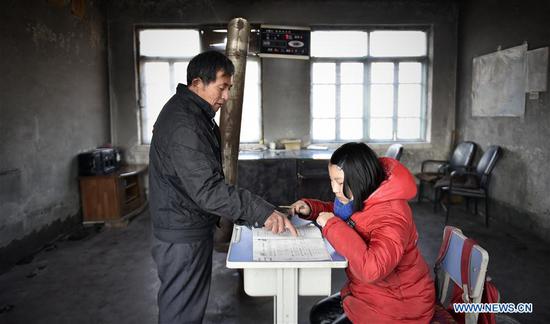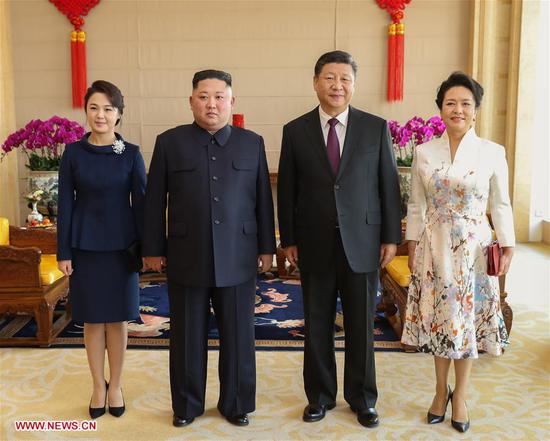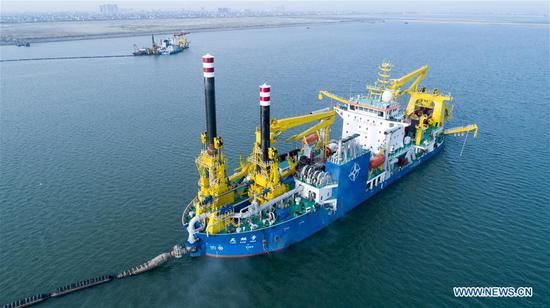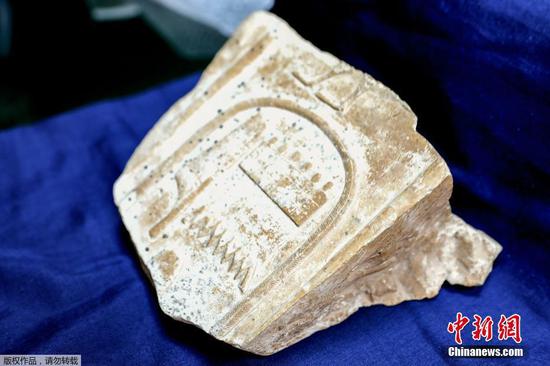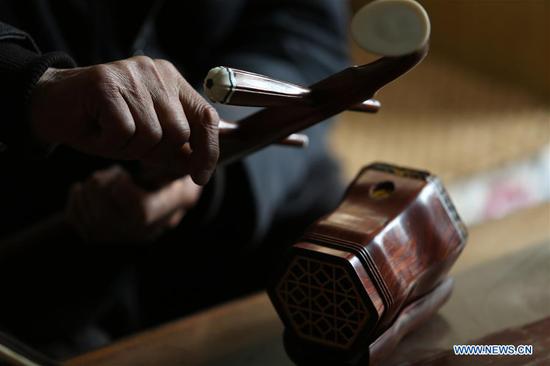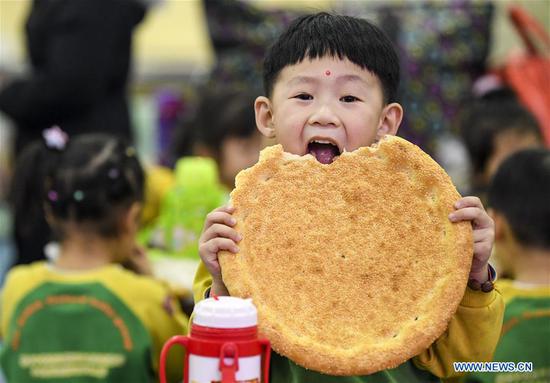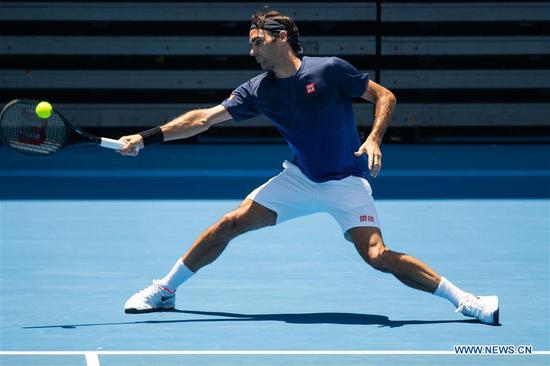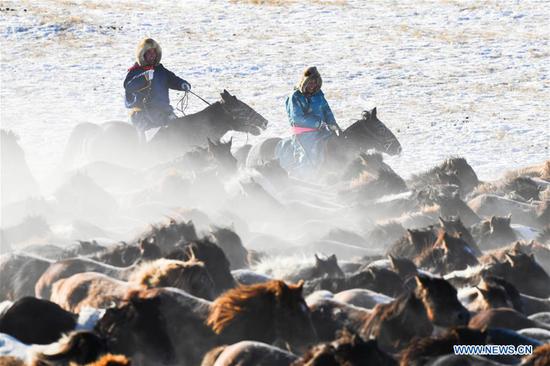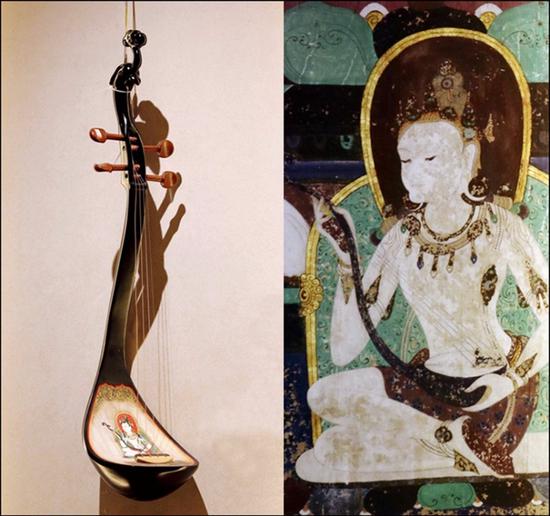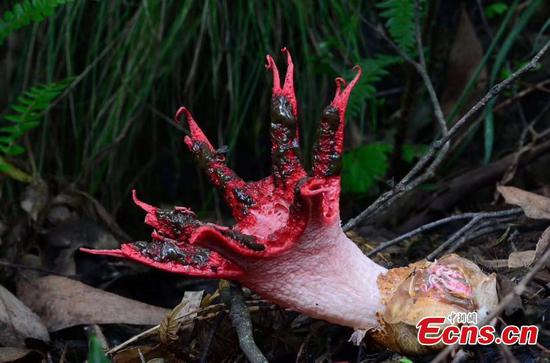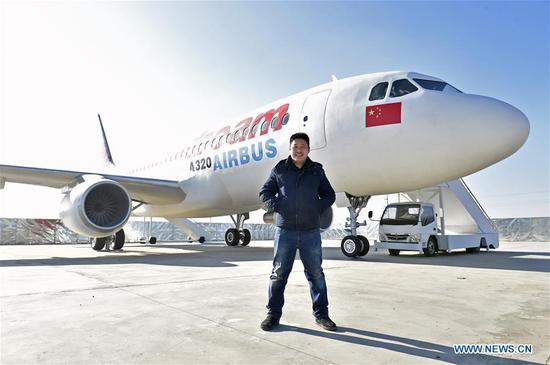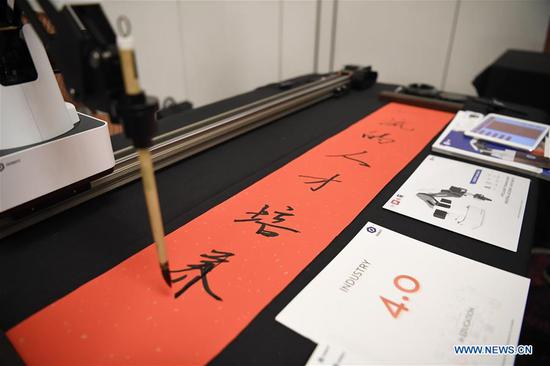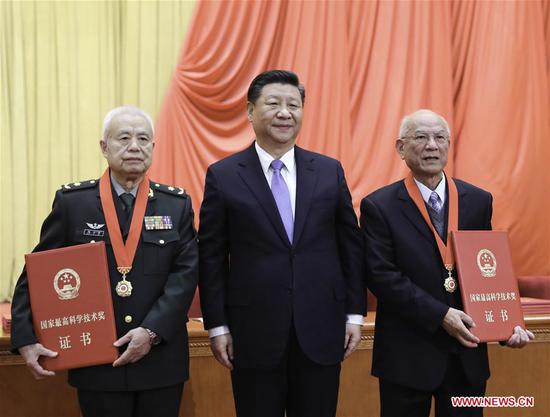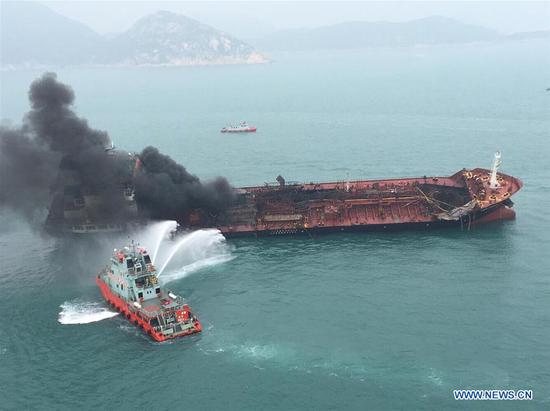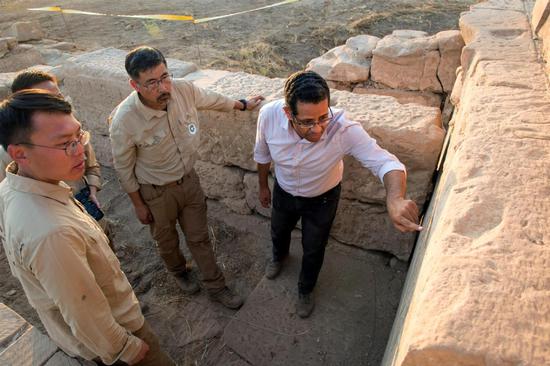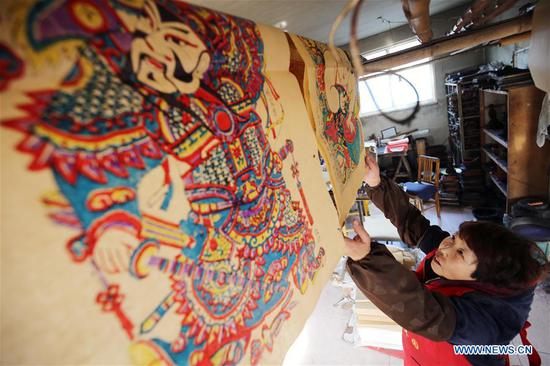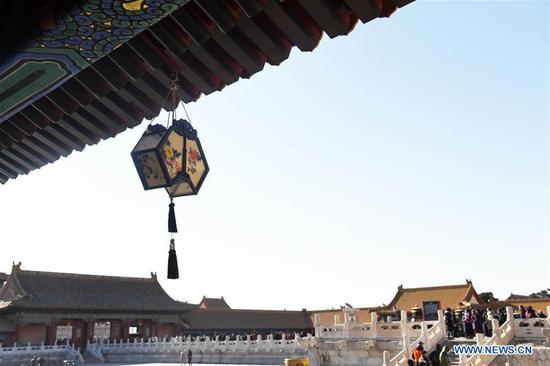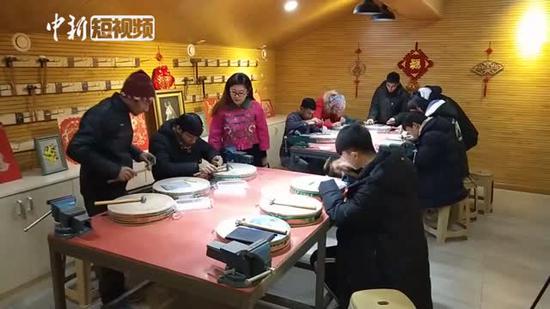China's consumer inflation and factory-gate prices rose at a weaker-than-expected rate in December, data released on Thursday showed.
Analysts said more policy support is needed to boost market sentiment to keep inflation at reasonable levels amid lingering worries about deflationary risks as the economy faces downward pressure.
Prices of industrial products slackened in December from the previous month. The producer price index, which measures factory-gate prices, rose 0.9 percent year-on-year, hitting the lowest level since September 2016, according to the National Bureau of Statistics.
In 2018, the producer price index rose 3.5 percent year-on-year, according to the bureau.
The weakness came from weaker domestic demand and low raw material prices, analysts said.
The slowdown in PPI inflation has been driven mainly by oil and natural gas exploitation, fuel processing, chemical products manufacturing.
Consumer inflation, measured by the consumer price index, rose 1.9 percent year-on-year in December, compared with 2.2 percent in November, according to the NBS.
China's consumer inflation target was set at no higher than 3 percent for last year. The consumer price index rose 2.1 percent year-on-year in 2018, up from 1.6 percent in 2017, the NBS said.
Li Huiyong, an investment manager at Hwabao WP Fund Management, said further relaxation of monetary policy is needed to cushion downward risks of inflation, as a continued cooling of inflation might put higher pressure on the economy coupled with some other weakening economic indicators.
"The current low consumer inflation level leaves plenty of room for policymakers to relax policy. Overall inflation might continue to face downward risks in the first half, but some positive factors, including a combination of domestic policy stimulus and rising oil prices driven by possible OPEC oil supply cuts, are expected to help inflation levels remain at an appropriate level in the second half this year," said Li He, an analyst at the Bank of China research institute.
Some measures have been in the pipeline, suggested by recent signals sent by the China's regulatory authorities.
Earlier this month, the People's Bank of China, the central bank, pledged to reduce the reserve ratio requirement-money financial institutions must hold in reserve as a share of total deposits-by 1 percentage point, which is expected to inject nearly 800 billion yuan ($118 billion) into the economy.
The announcement came after Premier Li Keqiang called for an increase in financing support for small businesses during his visit to three large State-owned banks last week.









